Personalized & Precision Medicine
-
Facebook
-
Twitter
-
Linkedin
Personalized and precision medicine tailors cancer treatment based on an individual’s genetic profile, tumor characteristics, and lifestyle factors. This approach enhances treatment effectiveness, minimizes side effects, and improves patient outcomes through targeted therapies and advanced diagnostics.
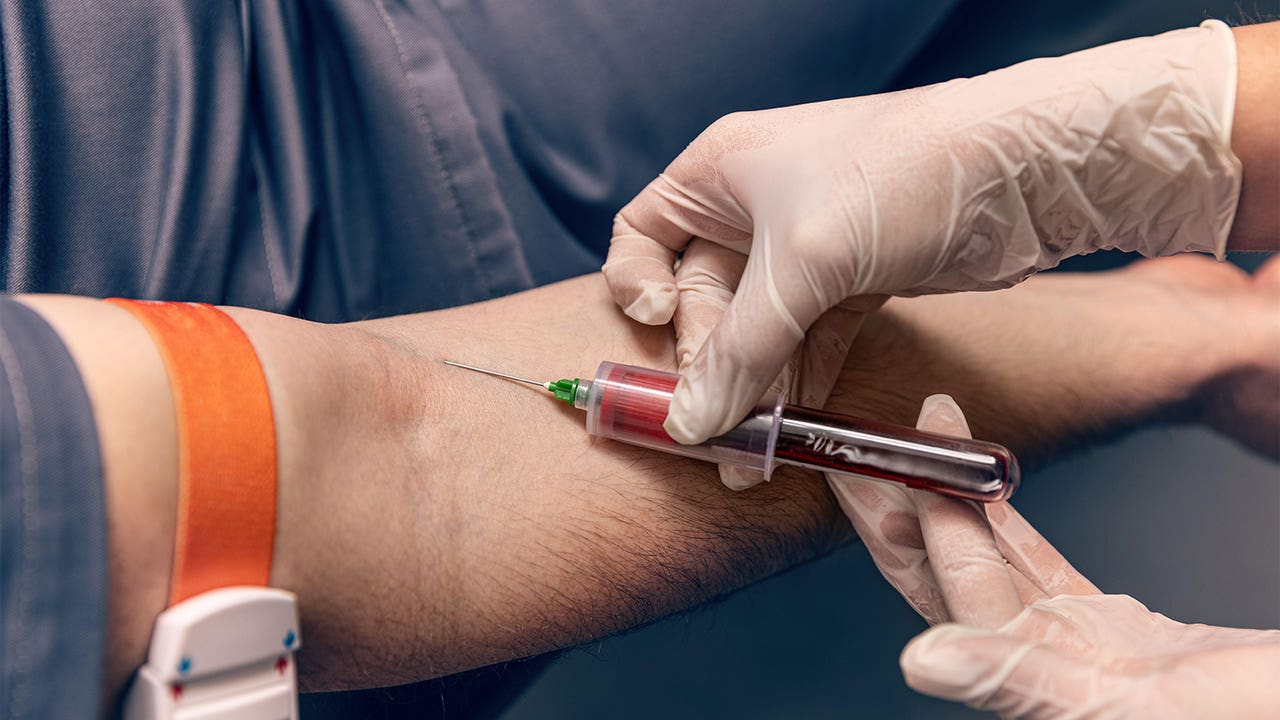
Blood Test for Early Pancreatic Cancer Shows Promise
The blood test achieved high accuracy, with 98% specificity and 73% sensitivity for detecting pancreatic cancer.
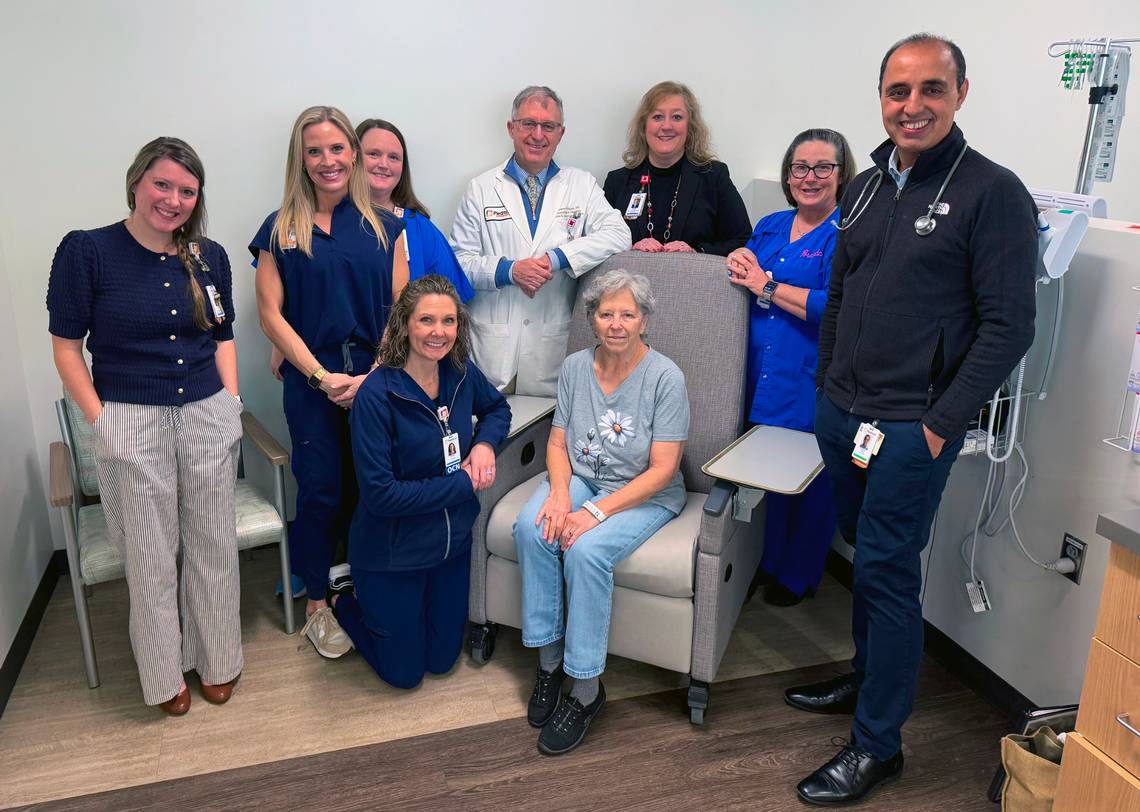
It’s working!’ Columbus cancer center is first in Georgia to administer this new therapy
The treatment, Bi-Specific T-Cell Engager (BiTE) therapy, is showing promising results in U.S. patients with certain types of cancer, including small-cell lung cancer, lymphoma and multiple myeloma. BiTE therapy helps the immune system recognize cancer cells and destroy them.

Lilly, AdvanCell to collaborate on alpha treatments for cancer
Eli Lilly (NYSE:LLY) and AdvanCell have agreed to work together on developing alpha therapies for the treatment of cancer.
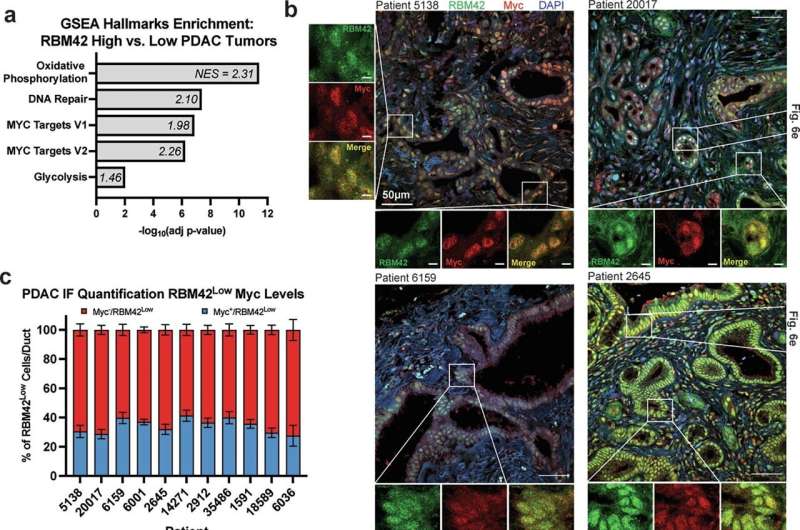
Disrupting the RBM42 protein could throw a wrench in the gears of cancer’s growth
For decades, scientists have tried to stop cancer by disabling the mutated proteins that are found in tumors. But many cancers manage to overcome this and continue growing. Now, UCSF scientists think they can throw a wrench into the fabrication of a key growth-related protein, MYC, that escalates wildly in 70% of all cancers. Unlike some other targets of cancer therapies, MYC can be dangerous simply due to its abundance.
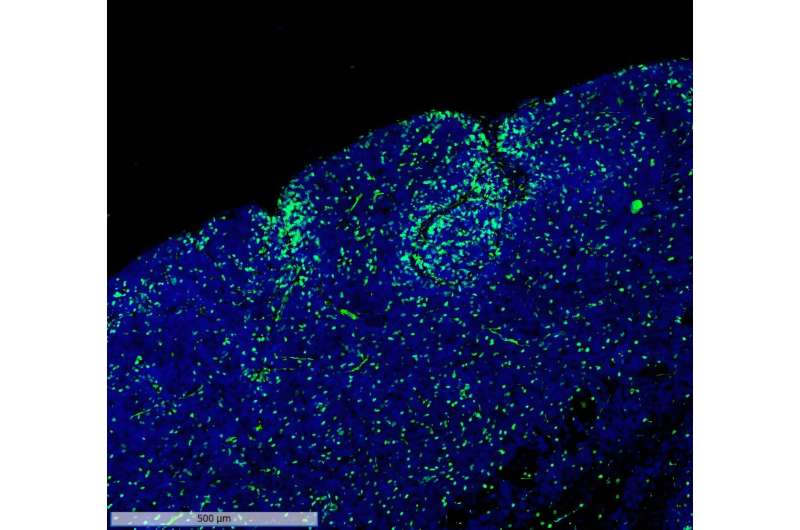
Potential new therapy for childhood brain cancer could heal treatment-resistant tumors
Brain cancer is the second-leading cause of death in children in the developed world. For the children who survive, standard treatments have long-term impacts on their development and quality of life, particularly in small children and infants.

‘Pushing the boundaries of radiation treatment’: Breakthrough in pancreatic cancer therapy advances to clinical trials
A novel approach developed by scientists, including Rice University chemist James Tour, could transform treatment for pancreatic cancer, one of the deadliest cancers with limited therapeutic options.

Breakthroughs, Personalization, and the Future of Lymphoma Care
Ann LaCasce, MD, MMSc, delved into some of the most recent advances in the lymphoma space, exploring how these new therapies are offering hope for more durable remissions and better quality of life.
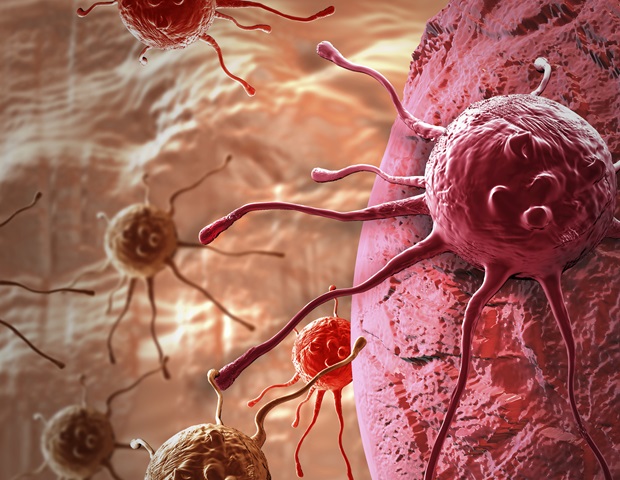
Breakthrough in gene-editing with Cas12a for modeling human diseases
Australian cancer researchers are the first to establish a next-generation gene-editing tool for modeling and interrogating human disease.
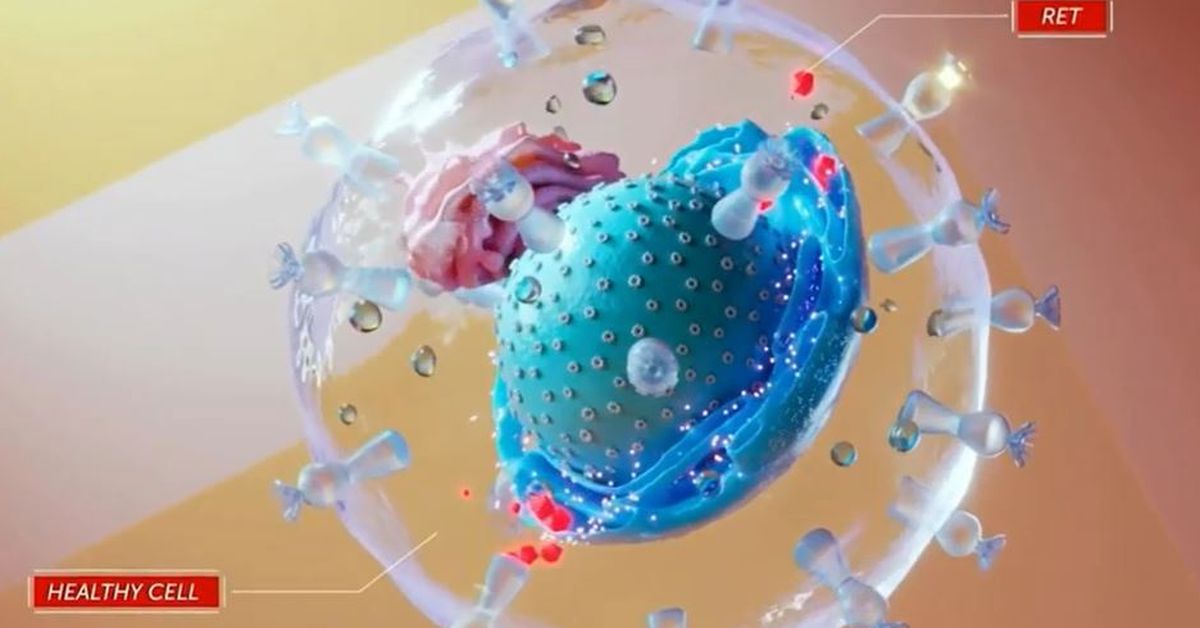
Life-saving lung cancer drug added to PBS, slashing price
Australians diagnosed with a rare form of lung cancer will now have access to a life-saving drug at a fraction of the cost.
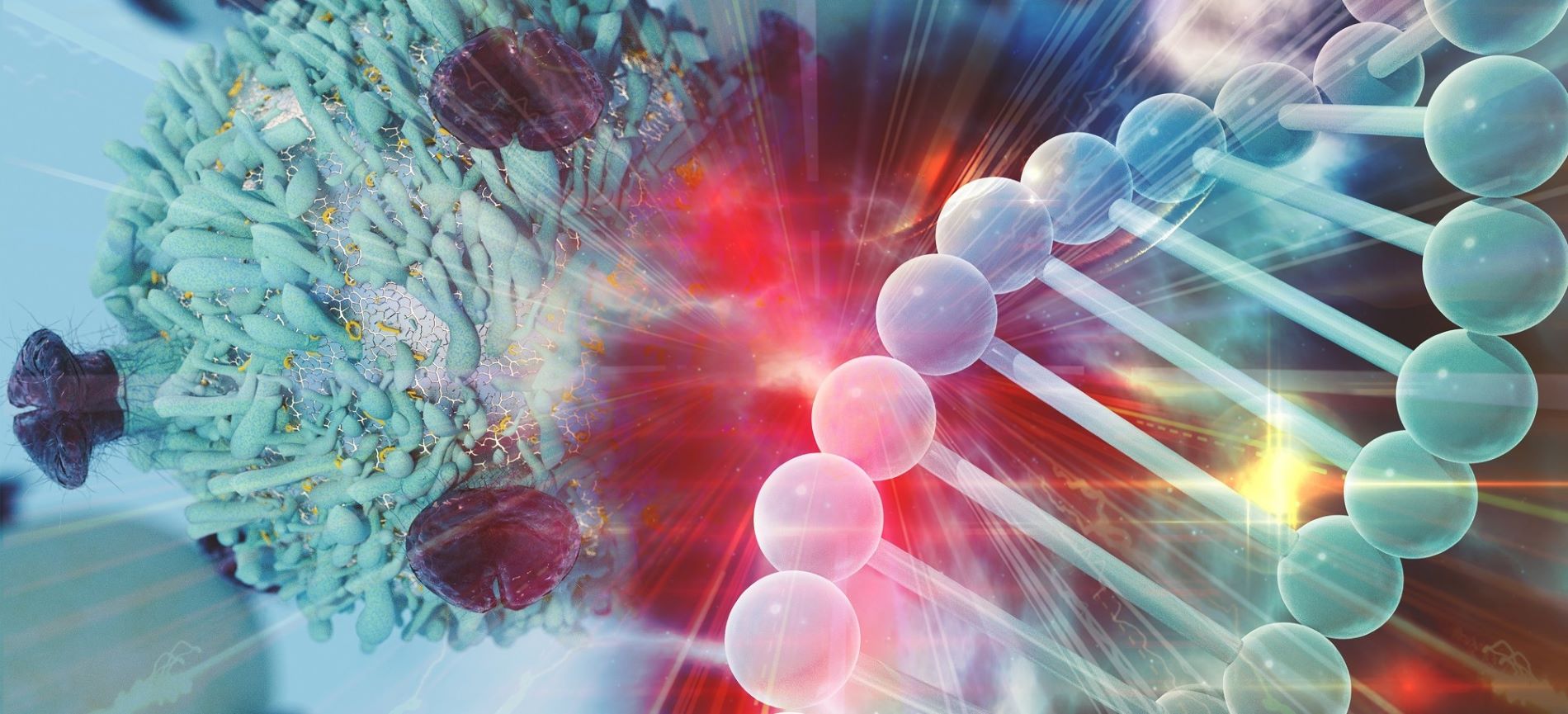
Accelerating Cancer Treatment with Precision Medicine & NGS
Asia accounts for nearly half of global cancer cases, making it a major health concern. Recognising the promise of precision oncology, governments across the region have initiated efforts to drive advancements in this space. Let’s take a closer look at the progress being made in precision oncology in the Asia Pacific region.

Biomarker predicts KRASG12C inhibitor success in lung cancer treatment
A new study from Moffitt Cancer Center could help doctors predict how well patients with a specific type of lung cancer will respond to new therapies. The research, published in Clinical Cancer Research, found that measuring the interaction between two proteins, RAS and RAF, could provide valuable insights into the effectiveness of treatments for patients with KRASG12C-mutant non-small cell lung cancer, a type of lung cancer known for being particularly difficult to treat.

Next-generation gene-editing tool offers enhanced capabilities for cancer and medical research
Australian cancer researchers are the first to establish a next-generation gene-editing tool for modeling and interrogating human disease.
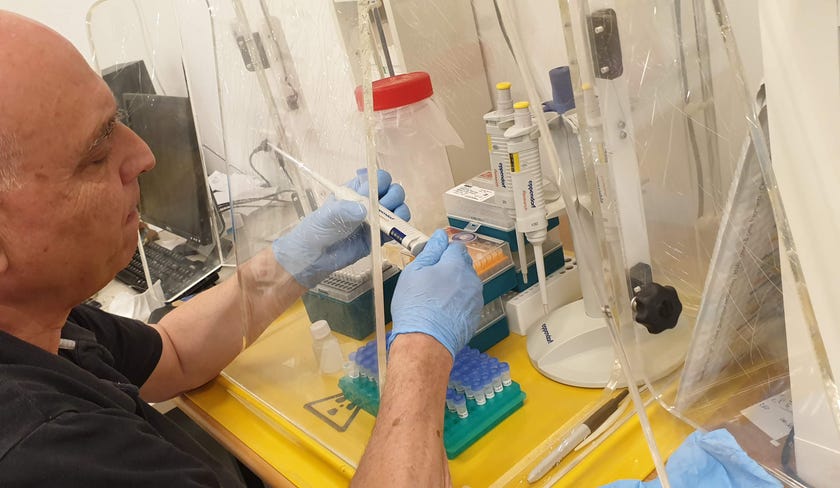
From COVID-19 testing to a breakthrough in cancer treatment monitoring
Innovations originally developed for COVID-19 testing are now being applied to monitor cancer treatments more effectively.
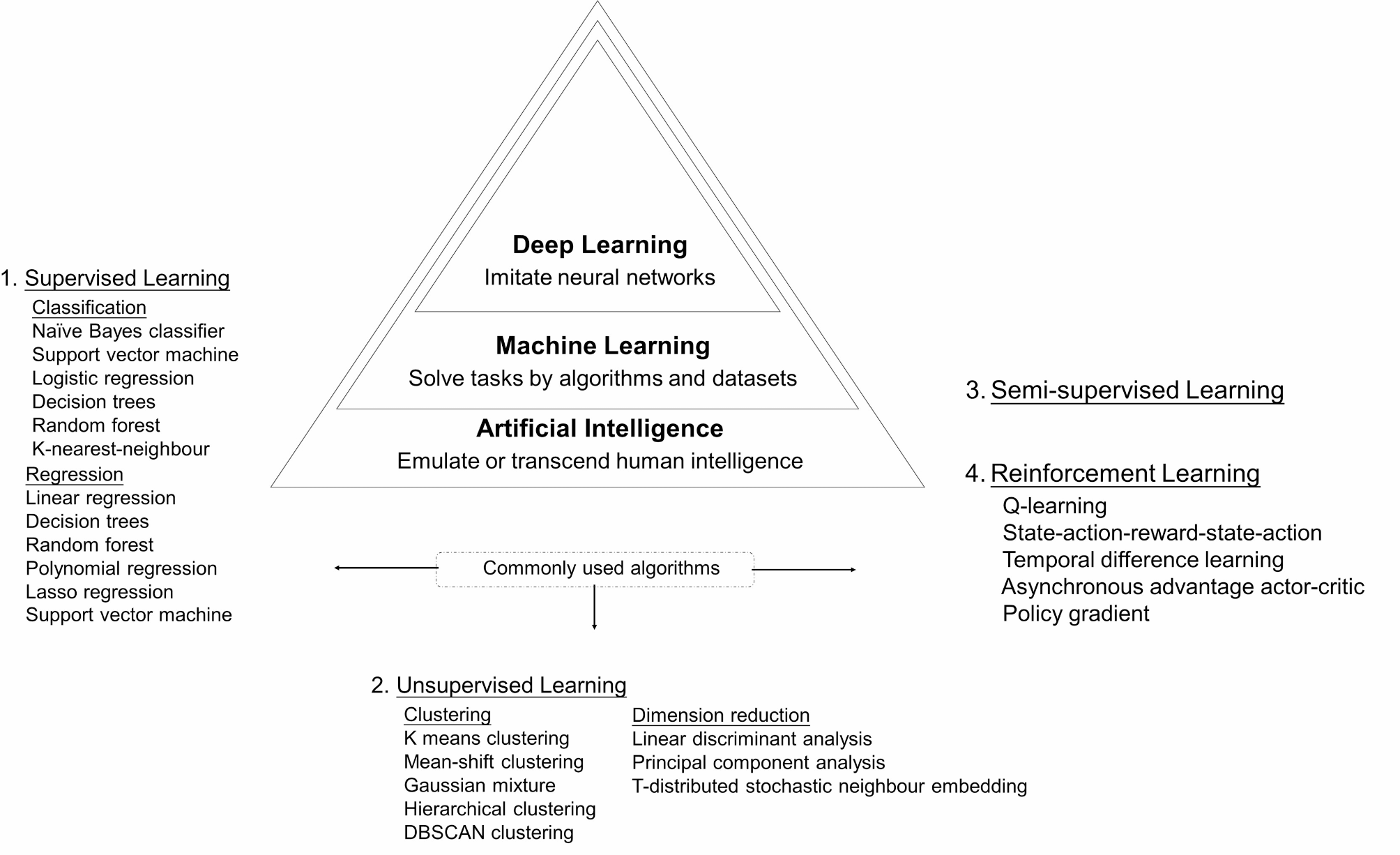
The clinical application of artificial intelligence in cancer precision treatment – Journal of Translational Medicine
Background Artificial intelligence has made significant contributions to oncology through the availability of high-dimensional datasets and advances in computing and deep learning. Cancer precision medicine aims to optimize therapeutic outcomes and reduce side effects for individual cancer patients. However, a comprehensive review describing the impact of artificial intelligence on cancer precision medicine is lacking. Observations By collecting and integrating large volumes of data and applying it to clinical tasks across various algorithms and models, artificial intelligence plays a significant role in cancer precision medicine. Here, we describe the general principles of artificial intelligence, including machine learning and deep learning. We further summarize the latest developments in artificial intelligence applications in cancer precision medicine. In tumor precision treatment, artificial intelligence plays a crucial role in individualizing both conventional and emerging therapies. In specific fields, including target prediction, targeted drug generation, immunotherapy response prediction, neoantigen prediction, and identification of long non-coding RNA, artificial intelligence offers promising perspectives. Finally, we outline the current challenges and ethical issues in the field. Conclusions Recent clinical studies demonstrate that artificial intelligence is involved in cancer precision medicine and has the potential to benefit cancer healthcare, particularly by optimizing conventional therapies, emerging targeted therapies, and individual immunotherapies. This review aims to provide valuable resources to clinicians and researchers and encourage further investigation in this field.
DNA-Tagged Gold Nanoparticles Enable Advanced Cancer Detection
Researchers have developed DNA-tagged gold nanoparticles that enhance the detection of cancer cells, offering a new avenue for early diagnosis.

Navigating advanced bladder cancer: One caregiver’s journey
Bladder cancer is a serious, challenging disease, particularly when not detected early.
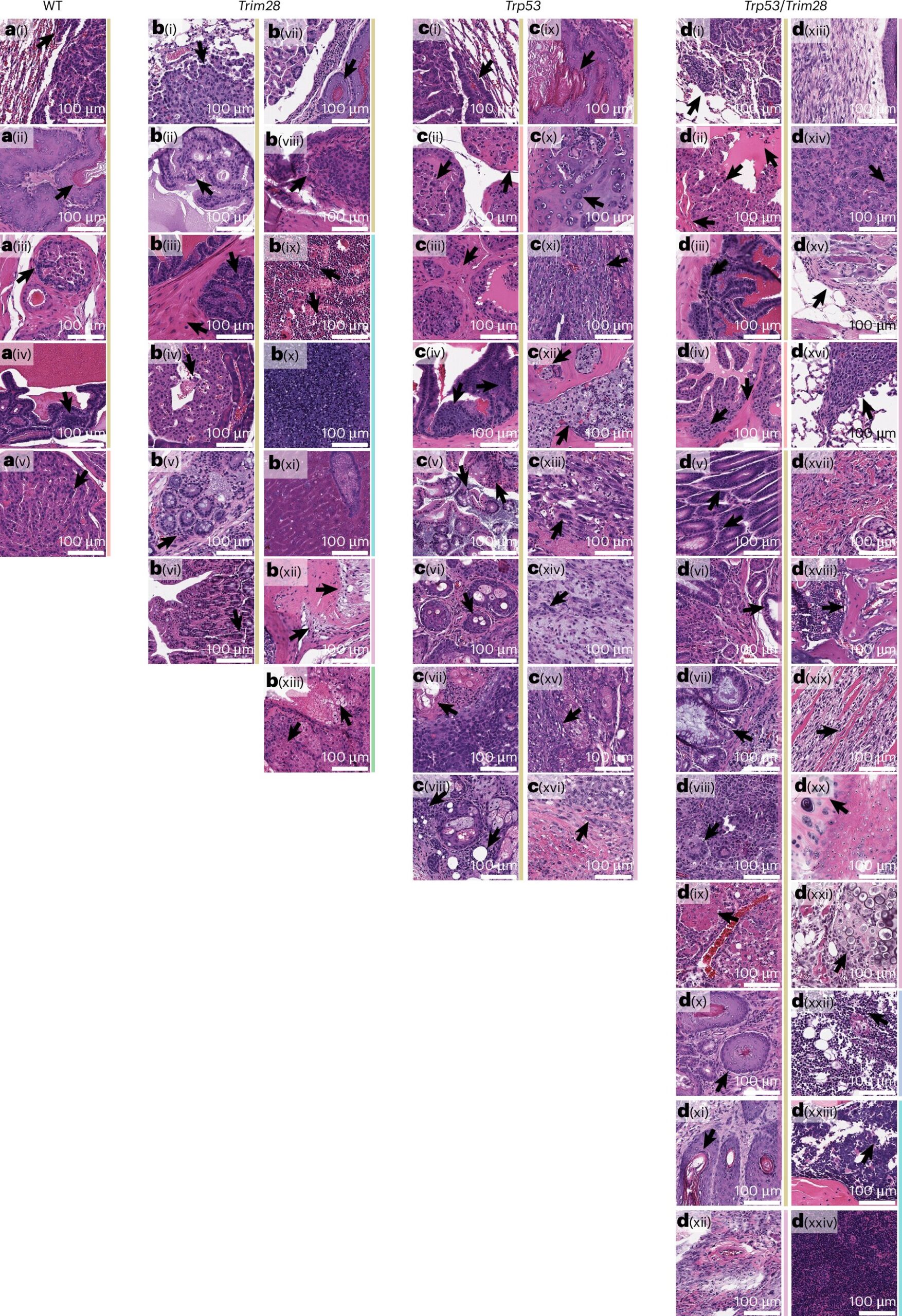
Epigenetic states during development establish cancer risk before birth
A person’s lifetime risk for cancer may begin before they are even born, reports a paradigm-shifting study by Van Andel Institute scientists.
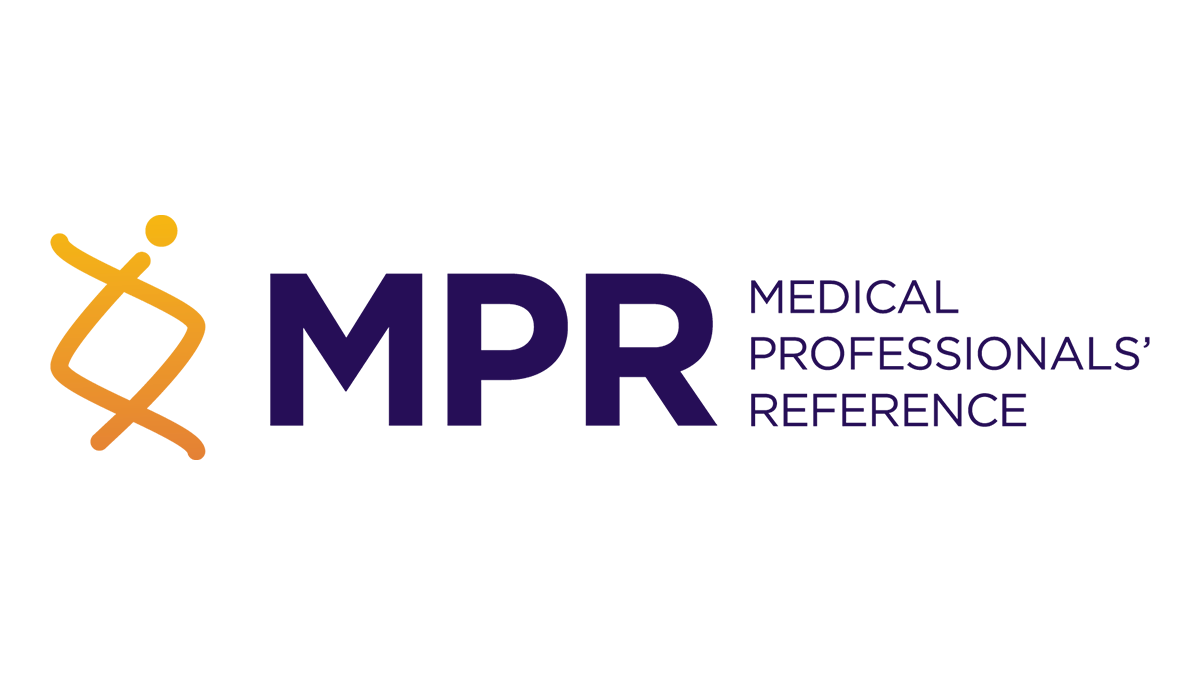
Enhertu Approved for HR+, HER2-Low/Ultralow Metastatic Breast Cancer
Approval of the new indication was based on data from the phase 3 DESTINY-Breast06 trial.
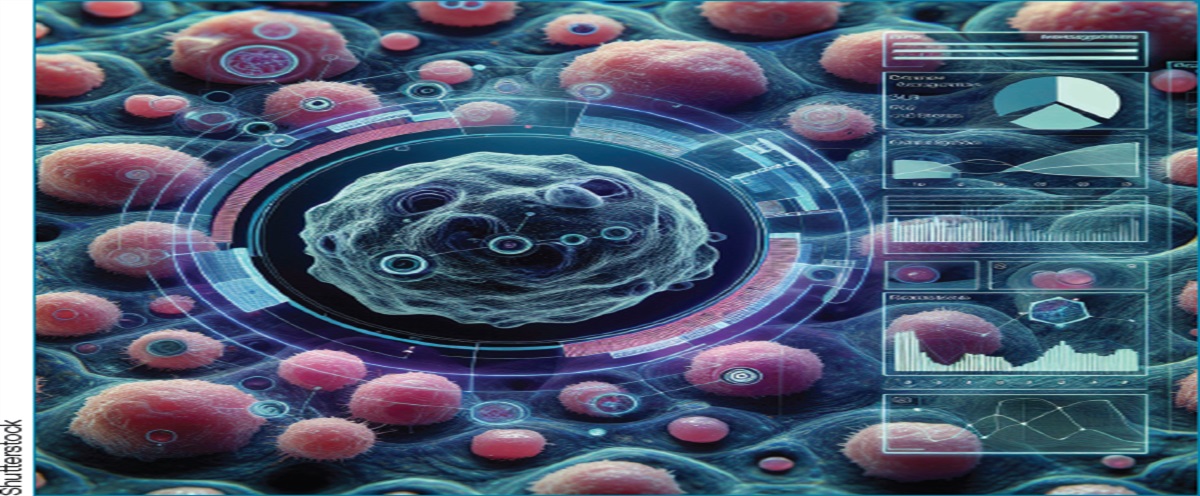
Phase II Study Explores Chemo-Free Regimen for HER2-Altered … : Oncology Times
A recent Phase II study has explored the potential of a chemotherapy-free regimen for treating certain cancer patients, offering a promising alternative to traditional chemo-based therapies
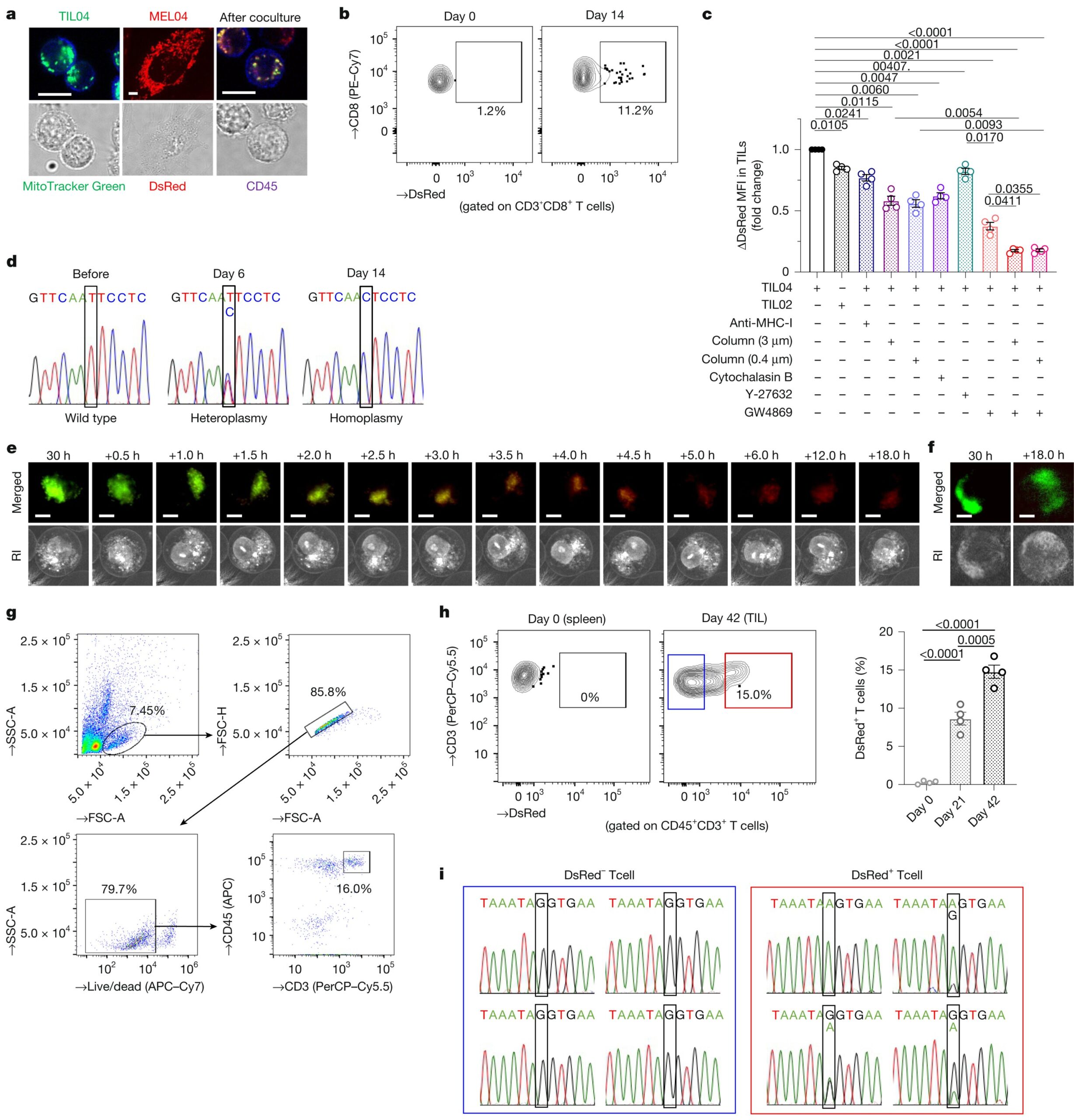
Scientists uncover how cancer cells hijack T-cells, making it harder for the body to fight back
Research led by the Chiba Cancer Center Research Institute in Japan has discovered a surprising way cancer evades the immune system. It essentially hacks the immune cells, transferring its own faulty mitochondrial DNA (mtDNA) into the T-cells meant to attack it.

Research shows deep cause of cancer development
Research shows deep cause of cancer development

asy Breakfast Ideas That May Lower Your Cancer Risk
Discover simple and nutritious breakfast recipes that could help reduce the risk of cancer, according to nutrition experts.

Ultra-processed food? Forever chemicals? Declining birth rates? What’s behind rising cancer in the under-50s?
Research into the disease has never been more far-reaching, but there is little consensus as to what is causing the rocketing rates of diagnosis in young adults
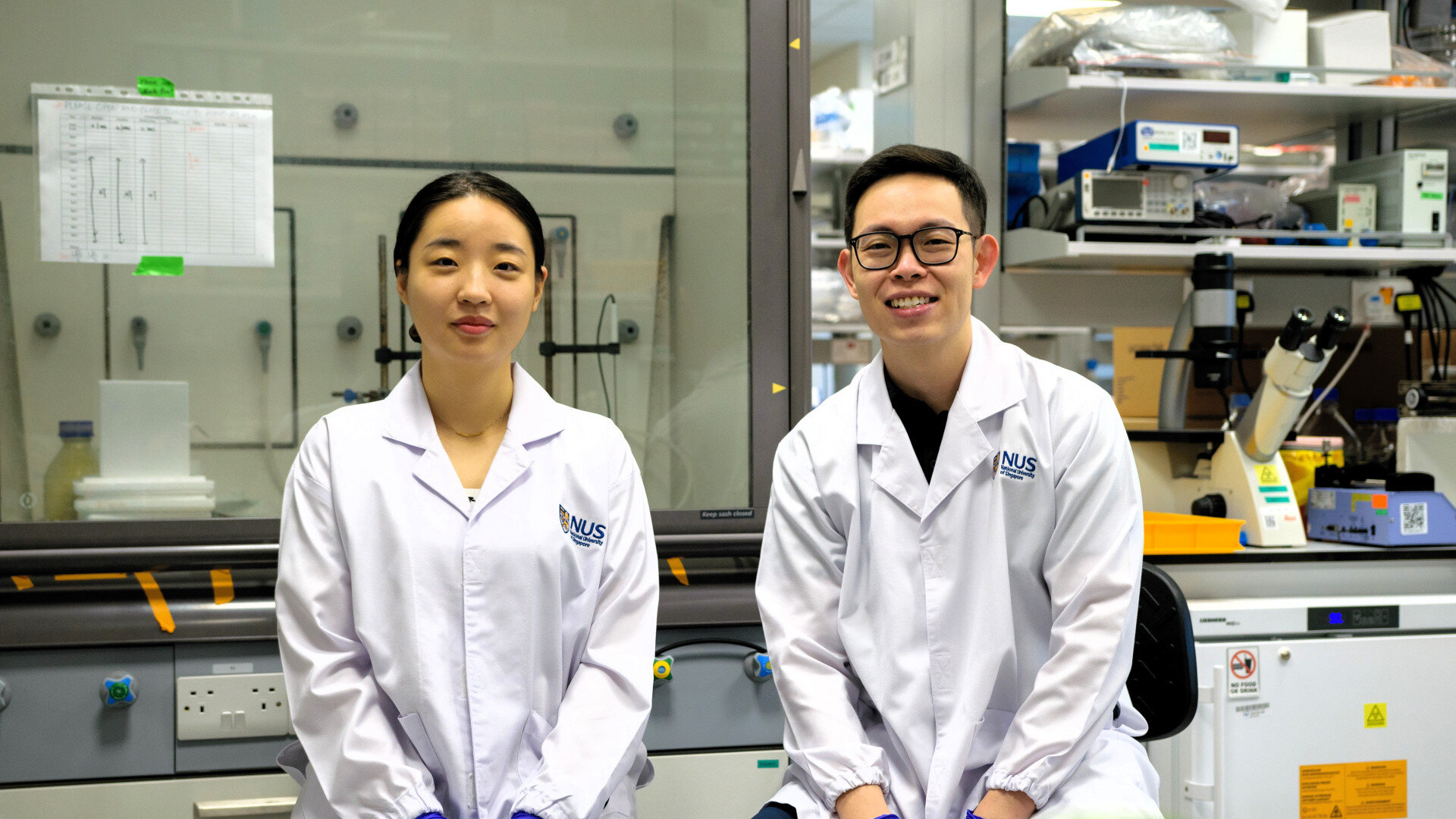
Prostate cancer and AI: The exciting advances that could transform treatment
Exploring how artificial intelligence is revolutionizing prostate cancer treatment, from early detection to personalized therapy plans.






